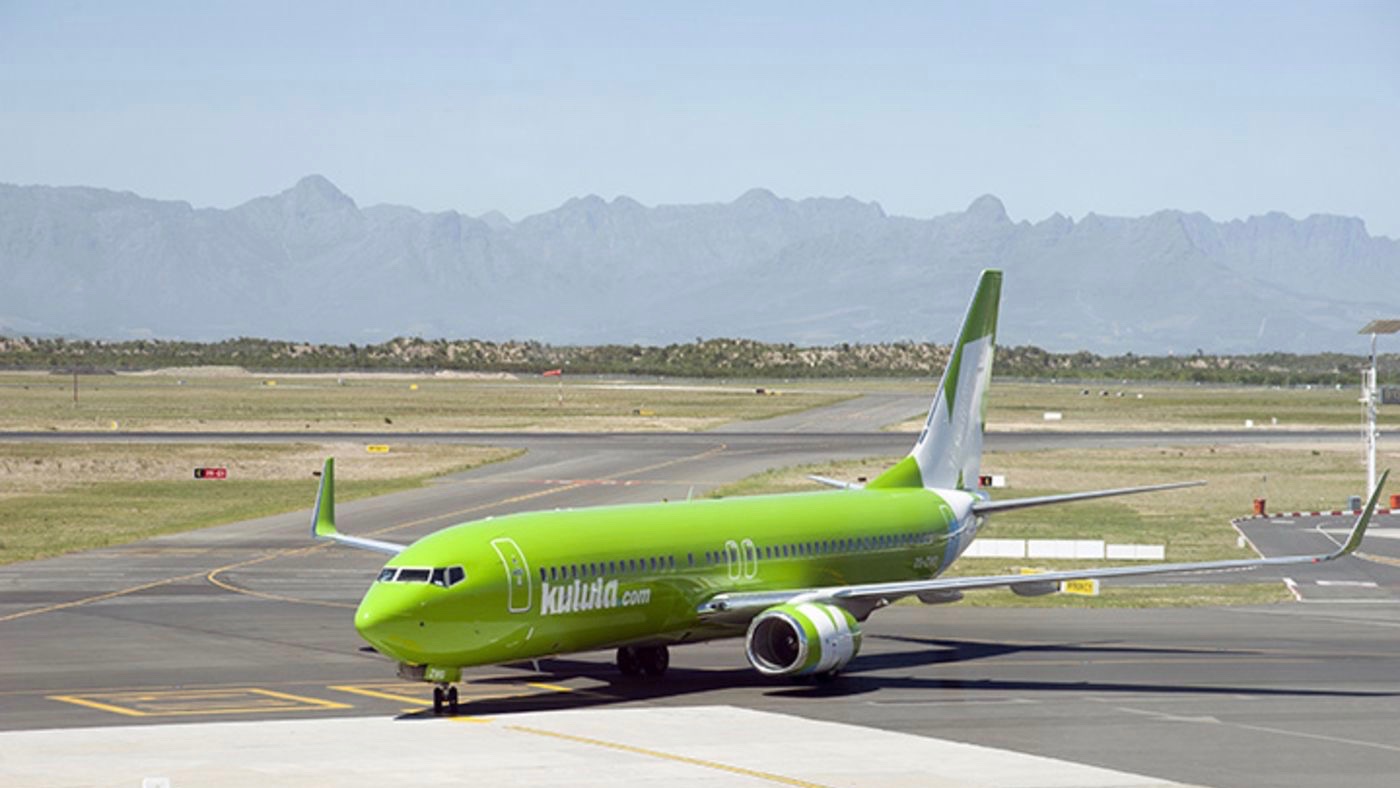South Africa’s domestic airline, Comair, has not paid its workers their wages for the month of May. In April, the management forced the workers to use up their annual leaves in exchange for wages.
“We believe this was done to ensure that workers exhaust all their leave, so that when retrenchments do come, the company does not have to pay out their leave,” National Union of Metalworkers of South Africa (NUMSA) said in a statement by its national spokesperson, Phakamile Hlubi-Majola, on Wednesday, May 27.
Retrenchment (Section189) notices were already served to NUMSA members by Comair “prior to the lockdown”, the statement pointed out, adding that the company is simply using “the COVID-19 pandemic.. (as) a cover for the restructuring which is taking place.”
The privately owned airline – which is the sole owner of Kulula.com (a low-cost domestic airline) and has a franchise to operate British Airways on domestic routes – was placed on Business Rescue on May 5.
While a company under business rescue, it is protected from claims by the creditors, while the Business Rescue Practitioners (BRPs), under whose command the company is placed, are tasked to work out a turnaround strategy to avoid its liquidation.
However, as in the case of the state-owned South African Airways (SAA), which was also placed under business rescue in December 2019, the BRPs have become “seemingly a law unto themselves, who do as they please without accounting to anyone, especially labour,” complained NUMSA.
In the case of Comair, the BRPs have taken the decision to alter the terms and conditions of employment of the workers by unilaterally scrapping many benefits, which were laid out in the collective agreement, the union argues.
“Ever since.. the BRPs have taken over, there have been a lot of changes to these benefits”, Majola told Peoples Dispatch. “For example, there is a policy in place which deals with the accumulation of leaves, and in terms of that policy, workers would have actually accrued quite a lot of leaves (which they had not used up)… The new policy that was imposed has actually reduced the annual leaves”.
“Secondly,” she added, “maternity benefits have also been reduced. As we speak, there are workers of Comair who were supposed to go on maternity leave. They now can no longer go on [paid] maternity leave… That contribution by the company is now gone.. There are (also) other benefits that the BRPs are working on to reduce.”
Section 136(1) of South Africa’s Companies Act states that before the business rescue plan – which the BRPs are tasked to prepare – is operationalized, the employees “continue to be so employed on the same terms and conditions” as before, unless the employees, or the union representing them, reach an agreement with the company about the changes.
No such agreement has been reached, NUMSA declared. The union, which was not even consulted by the management before placing the company on business rescue, added that “We have yet to get a presentation on the financials of the company and therefore we cannot objectively state whether there is any justification for having placed the company under Business Rescue.”
“What is clear, however, is that Wrenelle (Stander) is not fit for the position of CEO at Comair”, NUMSA argued. “This Company has been profitable for years and it has never had a loss since its inception. But since she took over, the airline has experienced perpetual turbulence and is now under a questionable voluntary business rescue process.”
It was decisions that were made by the management under her watch that brought this financial distress on to the company. These include “the decision to buy Star Air Cargo as well as the decision to purchase the Simulator of the Airbus A320 – a decision that has cost the Company over R75 million. This money could have paid salaries for at least 12 months.”
“She has made disastrous decisions and like all poor performing employees she must be dismissed,” NUMSA insists, adding, “Workers are prepared to save this Company but we do not have faith in her to lead and to take the organization forward”.





